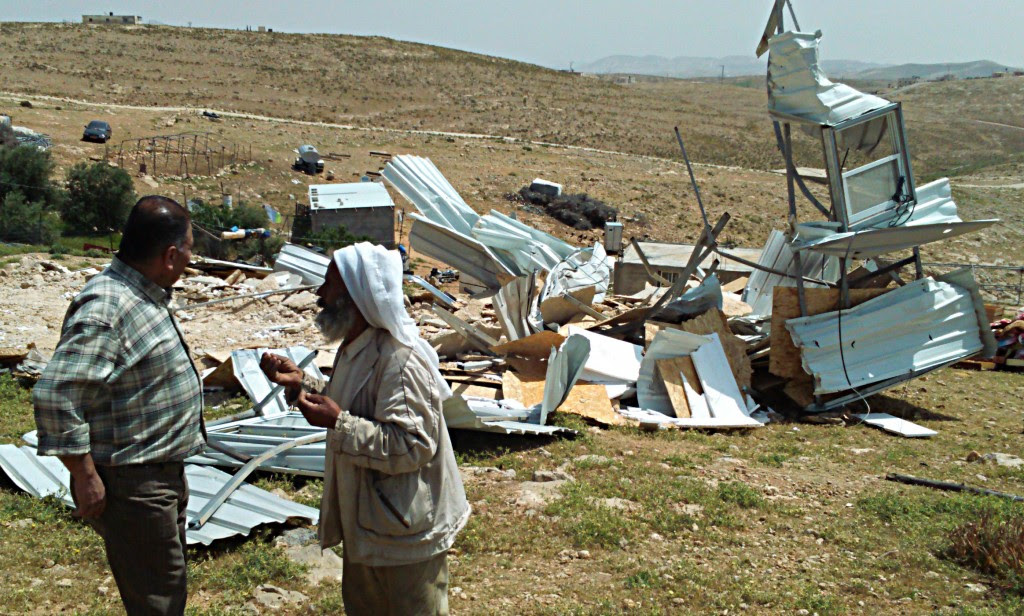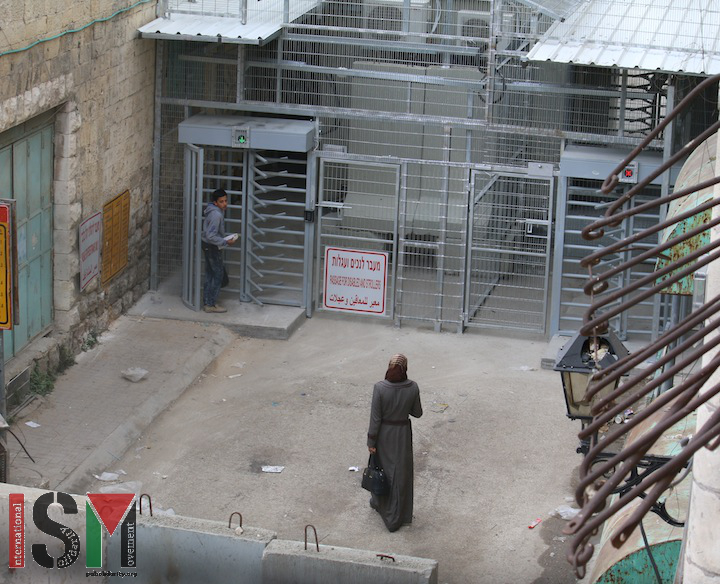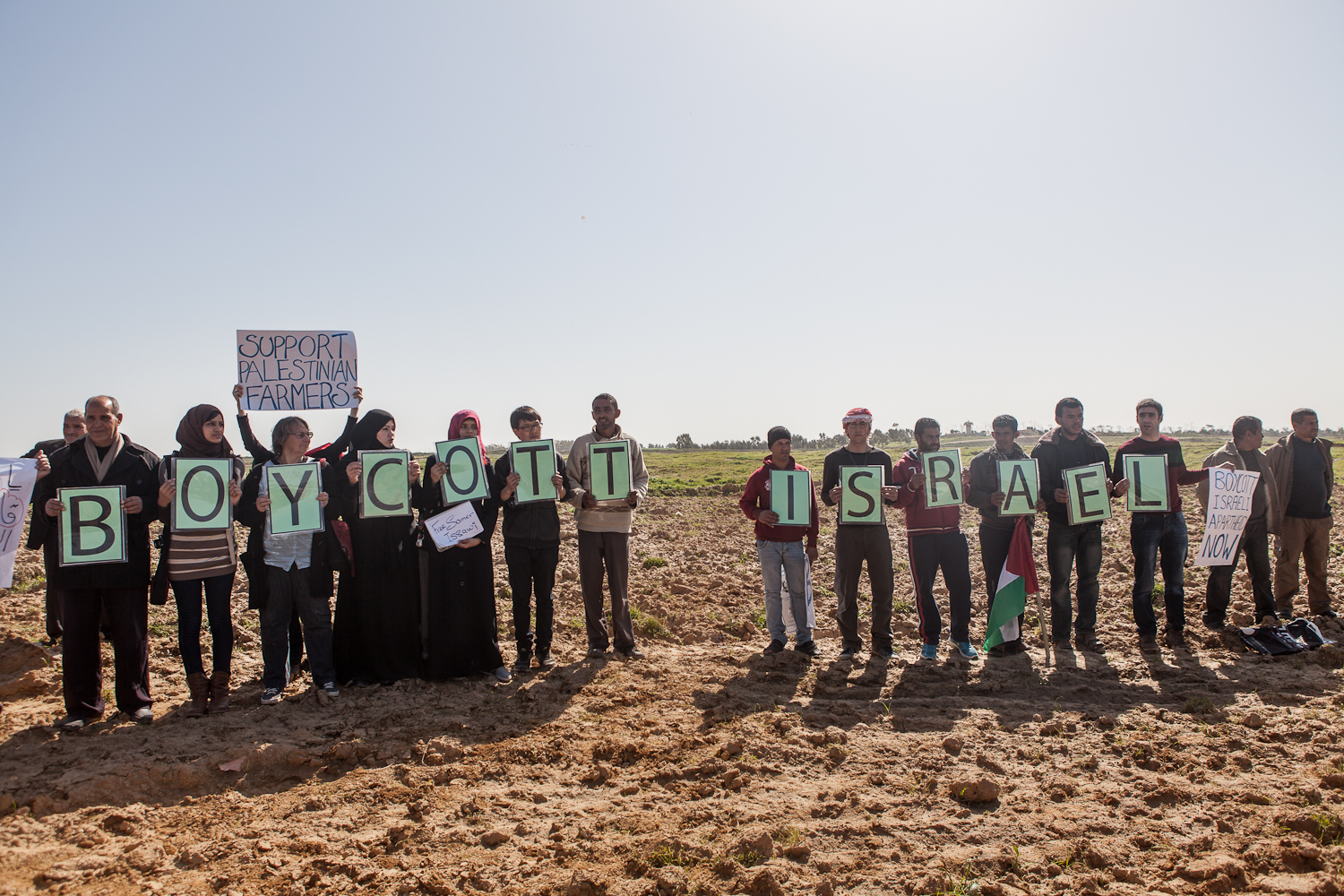Tag: Denial of Entry
-
As Israel steps up its demolition programme the EU logo gets lost in the rubble
27th August 2016 | International Solidarity Movement, al-Khalil team | Umm al-Kheir, south Hebron, occupied Palestine The villagers of Umm Al Khair look out at the remains of their EU-funded community center that now lies as rubble. Villagers tell of it as a place where they watched football, did education trainings, community meetings and how…
-
Security or humiliation?
20th August 2016 | International Solidarity Movement, al-Khalil team | Hebron, occupied Palestine People queuing up in lines at the checkpoint, a father with his wife, two toddlers and a baby in the arms. Trying to pass. A soldier yells at the mother who is carrying the baby to go back, “akhora. AKHORA!”, with a…
-
Statement concerning Israeli measures against activists
8th August 2016 | International Solidarity Movement The International Solidarity Movement is a Palestinian-led movement with a mandate to support Palestinian nonviolent popular resistance to Israeli military occupation and apartheid. Palestinian-led nonviolent resistance includes the Palestinian call for Boycott, Divestment and Sanctions of Israel, until it adheres to its obligations under international law. ISM volunteers…



